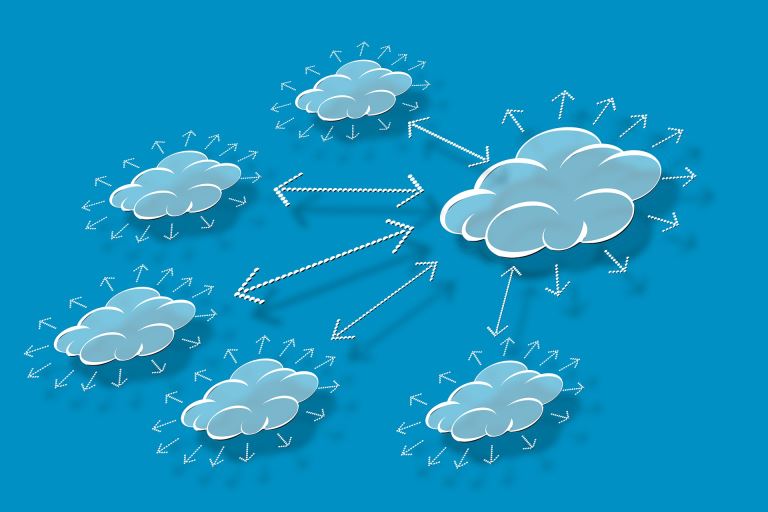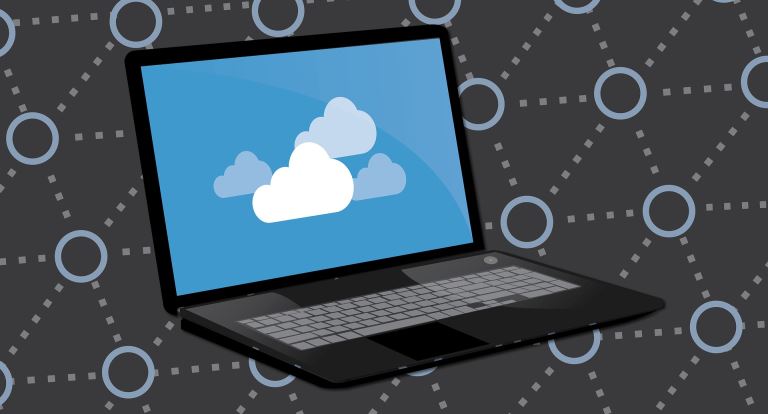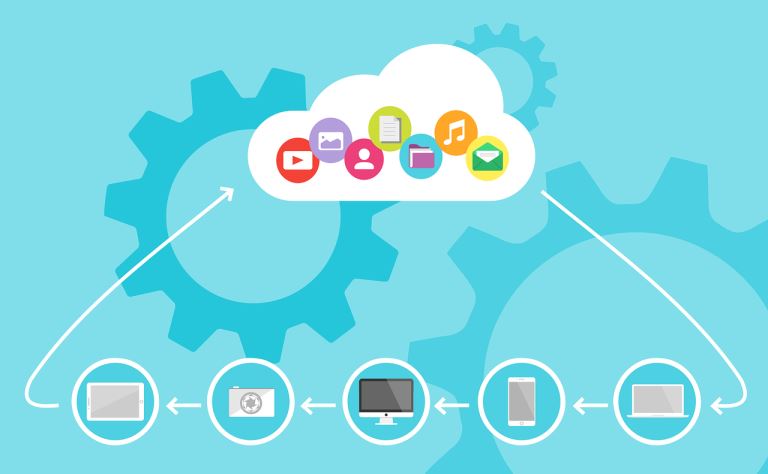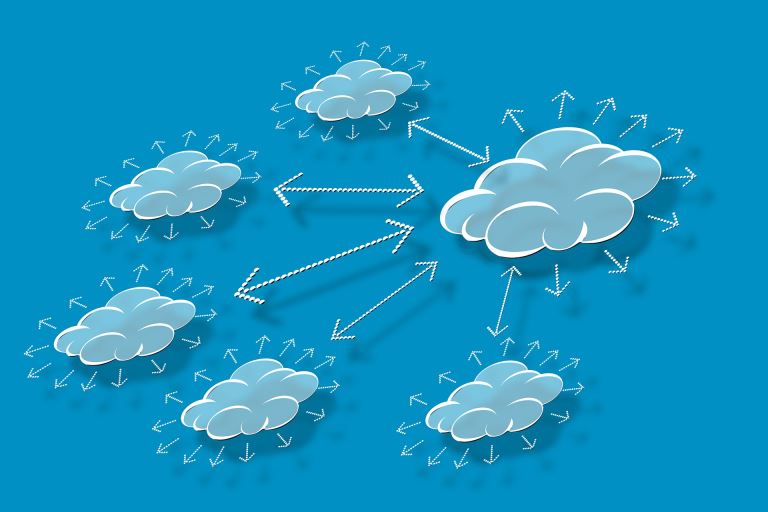
What Azure Cloud Experts Want You to Know
pThere are many things an expert wants you to know about Azure clouds such as you should hire developers who understand DevOps and agile focusing on managing change and not avoiding it virtual machines compliance redundancy and much more To understan
There are a lot of people with a lot of questions about the Azure cloud. This article will be a great guide to explaining everything about azure cloud from an expert's perspective. I will encourage you to keep on reading.
There are many things an expert wants you to know about Azure clouds, such as you should hire developers who understand DevOps and agile, focusing on managing change and not avoiding it, virtual machines, compliance, redundancy, and much more. To understand everything clearly, keep reading!
As you learn what an expert wants you to know, you also learn the tips you can use to improve your Azure cloud environment.
What Azure Cloud Experts Want You to Know
Migrating to the cloud can be tricky, but if you want your business to stay competitive and ahead of the curve, it's an essential part of your plans. Microsoft Azure has many benefits that can significantly improve your business from a financial and technological standpoint, but figuring out how to start can be difficult.
Here is what an Azure Cloud Experts want you to know
1. Focus on Managing Change, Not Avoiding It
Azure cloud experts want you to know that managing change is more important than avoiding it. Change is inevitable, and the best way to manage it is to embrace it. Trying to avoid change will only make it harder to control when it does happen. Knowing what's coming will allow you to better prepare for these changes and provide a smoother transition for your customers.
In many cases, it's easier for your customers to embrace change than for you. Some of your biggest customers may even be pushing for these changes! If you convince them that you're ready and willing to handle these changes, they'll be more likely to trust in your ability as a service provider.
2. Hire Developers Who Understand DevOps and Agile
To stay ahead of the curve, you need to hire developers who understand DevOps and Agile. DevOps could be a set of practices that help organizations deliver software faster and more reliably. Agile is an approach to project management that emphasizes continuous delivery, collaboration, and customer feedback. By blending these two disciplines, your organization can maximize productivity while keeping its focus on improving quality.
3. Compliance
When it comes to compliance, there are a few things that every expert wants you to know. First and foremost, always know the regulations that apply to your industry and ensure you comply with them. Secondly, make sure you have a good understanding of the Azure platform and how it can help you meet your compliance needs. Finally, always stay up-to-date on the latest compliance news and changes to be proactive in your approach.
4. Security
Security is always a top concern when working in the cloud. An Azure cloud expert wants you to;
- Be suspicious of unsolicited emails with links, attachments, or requests for information about your organization. These could be phishing attacks.
- Use antivirus software and firewalls on all devices connected to the internet or network.
- Never allow third-party connections or applications that don't come from trusted sources.
- Check with your IT department before signing up for any remote access service because they may already have one built into their system.
- Ensure you have a disaster recovery plan that includes offsite backups and replication services to protect against equipment failure, natural disasters, power outages, malware attacks, and more.
5. Redundancy
Redundancy is one of the most critical aspects of using Azure and something every expert wants you to know. By creating redundant systems, you can ensure that your data is always available, even if one system fails. It's important to note that redundancy doesn't mean just having multiple instances of a single resource. It also suggests adding layers and services like backup storage, disaster recovery protection, geo-replication, or live migration between regions.
6. Virtual Machines
Azure Virtual Machines (VMs) are one of the most popular services in Azure, and for a good reason. VMs give you the flexibility to run any operating system, any language, and any application. With Azure VMs, you can quickly scale up or down as your needs change.
7. Reliability
Azure experts want you to know that the platform is reliable and will meet your needs. They also want you to know that you can do a few things to ensure reliability, such as choosing the proper service level agreement and monitoring your resources.
How can you improve your Azure Cloud Environment
Microsoft Azure has been growing at a high-speed rate, and as it does, it attracts new customers who have no idea how to get started on their own. The platform itself can seem overwhelming to newcomers. Still, it's pretty intuitive and easy to use once you figure out what you need to do first if you're looking to improve your cloud environment by moving into Microsoft Azure.
Here are ways to improve your Azure cloud environment
1. Enable the cloud backup
There are many benefits to enabling cloud backup for your Azure environment. Doing so can;
- Help protect your data from accidental deletion, software vulnerabilities, and hardware failures. Cloud backup can provide a convenient way to access your data if you need to restore it.
- The service also provides a disaster recovery plan in an emergency or natural disaster. If any part of your system goes down or fails due to unforeseen circumstances, you can use cloud backup as the safety net to get you back up and running quickly.
2. Use encryption
Encrypting your data is one of the most important things you can do to protect your information in the cloud. Azure provides several ways to help encrypt your data at rest and in transit.
- You can use encryption services that integrate with Azure Blob Storage or an HDInsight cluster.
- You can also enable encryption using other third-party tools that connect with Azure Storage via SDKs or REST APIs.
3. Switch to geo-redundant storage
One way to improve your Azure cloud environment is to switch to geo-redundant storage.
- Geo-redundant storage stores your data in multiple locations, so if one place goes down, your data is still accessible. It can help prevent outages and keep your business running smoothly.
4. Clear Caches
Cloud environments are constantly changing, making it challenging to track what's happening. One way to improve your Azure cloud environment is to clear the caches regularly. It will help ensure that you're getting the most up-to-date information and can avoid any potential issues arising from outdated data.
5. Strengthen Credentials
The first way to improve your Azure cloud environment is by strengthening your credentials.
- It means using a strong password unique to your account and not used on any other charges.
- You should enable two-factor authentication whenever possible.
- Don't make the mistake of using only one form of verification, such as email or phone number, to protect your account.
- Enabling multifactor authentication can help you add an extra layer of security for logging in.
What are the Roles of Azure Administrator?
A cloud admin is a professional who handles cloud computing services for the company's benefit. Cloud engineers perform several computing tasks, including planning, design, and maintenance. The table below highlights the various roles of a cloud engineer:
| Cloud architects |
They manage the cloud's infrastructure by overseeing the application architecture and configuring and deploying cloud computing applications. |
| Cloud administrators |
This role entails managing all hardware and software required for using cloud services. |
| Cloud software developers |
CSDs create and maintain applications, features, and cloud databases. |
| Cloud network engineers |
They manage and support the network infrastructure and the interactions between service providers and users. |
| Cloud automation engineers | Cloud automation engineers perform similar tasks to those cloud developers but emphasize automation and integration more. |
Conclusion
Azure experts want you to keep a few details in mind as you move forward with your cloud journey. One of the first things you must do is ensure you understand what is involved before jumping into the project. If it is possible, hire someone who has experience in this area or find a partner who will be able to help guide you through the process. Guru solutions offer outstanding services on the Azure cloud. Let us help you!








